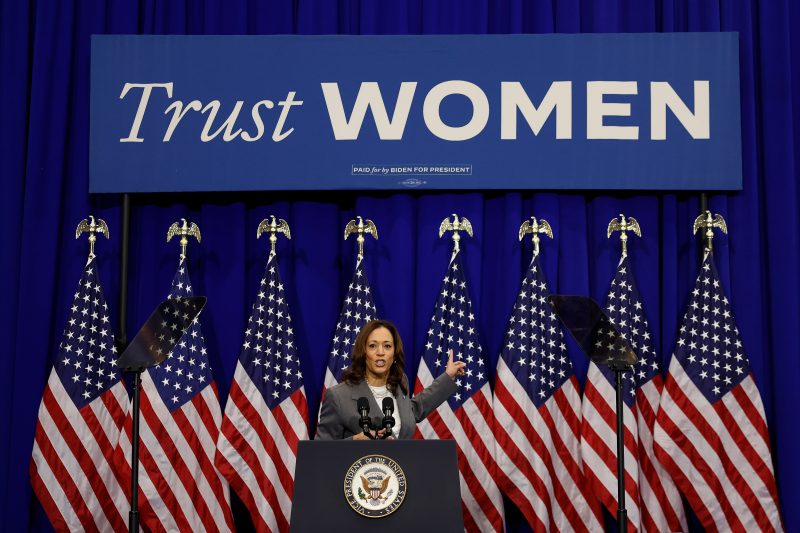President Biden is now threatened by the sentiment that brought him to the White House.
Democrats came into 2020 traumatized by their party’s 2016 loss and by four years of Donald Trump’s hard-right presidency. The party internalized the idea that the key to beating Trump was doing better with blue-collar Midwestern Whites, and Biden was the natural guy to fill that gap. When you asked Democrats that year whom they planned to support, they would often indicate that they preferred a non-Biden candidate to be the nominee — but that Biden seemed like the best bet to win.
And he did.
In 2024, the left’s core motivation is the same: It is essential that Trump lose. The difference is that, unlike four years ago, Biden and his party aren’t on the same page about how that can happen. For months, Biden and his team have projected the sense that they know how to beat the former president and that they will do so again. But Democrats have been less confident of that. Biden’s support has often been driven mostly by hostility to Trump, not enthusiasm for Biden.
Then came Thursday’s debate. Far from assuaging concerns about his candidacy, Biden reinforced them. The split between the president and his party about November has become an open wound. Maybe it can be healed — or maybe it is already turning gangrenous.
The question on many Democrats’ minds is who might serve as the party’s nominee in Biden’s stead. A lot of this is simply casting around in the dark, wishing for a scenario in which Biden magically disappears from ballots and is magically replaced by The Popular Democrat, someone all Democrats agree upon and a majority of voters would like to see as president.
In reality, the non-Biden Democratic candidate for president in 2024 would be Kamala D. Harris. Biden would have to step aside willingly for that to happen, which seems more possible now than it did earlier this week, though it still seems unlikely. The idea that this would then trigger some sophisticated, calm debate over a replacement that resulted in party unity is sophomoric. Harris is the vice president, the person already chosen by the party to be next in line for the presidency. Unless she, too, opted not to be president, she is the person to whom the nomination would go.
And for all of the negative media coverage that Harris has seen during her tenure as vice president, polling suggests that she polls about as well as Biden — and has some advantages that Biden lacks.
Pollsters have only sporadically asked voters who they would prefer in a Harris-Trump contest for the obvious reason that they would be burning a poll question (and, therefore, money) on an unlikely hypothetical. But we have data from February New York Times-Siena College polling and a November Fox News poll that provides some insight.
The question isn’t really how Harris fares against Trump, though we can answer that easily: Trump led her by six points in the Times poll and five points in the Fox News one. What’s important, instead, is how that compares with Biden’s numbers. Biden trailed Trump in those polls, too: by four points in each. So Harris fares only one or two points worse than Biden in polls with margins of sampling error that are much larger than that.
Looking at the results among subgroups is risky, since those necessarily include fewer people and have larger margins of error. Harris does worse with men against Trump than Biden does in both polls, but she does better with Black voters.
We have more recent data considering how favorably Biden and Harris are viewed, including polling this week for the Economist conducted by YouGov. In both the YouGov and Times polls, Harris gets more favorable net favorability ratings than Biden among younger and non-White Americans — both groups with which Biden has struggled.
These polls offer only an approximation of what might happen, of course. Harris’s relatively low profile as vice president is one reason that views don’t diverge that much from how people view a Biden-Trump contest. Should Biden step down and Harris step up, the dynamics would reset in unpredictable ways. Harris would be hammered for being the administration’s point person on the border, for example, but she could also be a more effective voice on the issue of abortion access.
What is fair to say is that polling suggests Harris doesn’t necessarily fare significantly worse than Biden against Trump and is viewed about as favorably. If she became the Democratic presidential nominee, she would have an obvious advantage over Biden: She is only 59 years old.
She also shares Biden’s biggest advantage going into November.
She isn’t Donald Trump.

